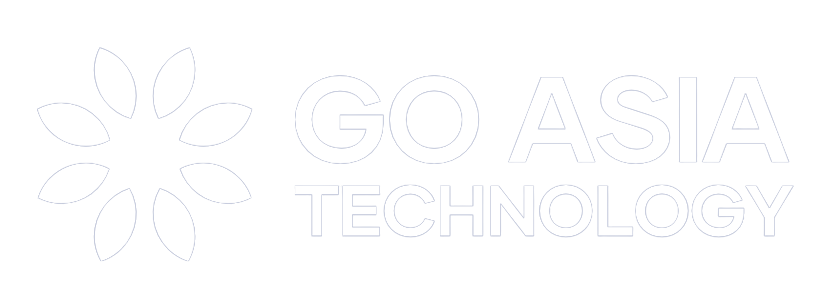Indonesia
Indonesia
Indonesia’s substantial youth demographic and growing middle-income segment play a significant role in expanding its labor force and consumer base, positioning it as one of the most appealing investment destinations in Southeast Asia.
Leading Southeast Asia economy
Indonesia boasts a predominantly youthful population, with urban consumers comprising approximately 57% of the total population.
Regional and bilateral relations
Indonesia, as a diverse and strategically located country in Southeast Asia, maintains a complex web of regional and bilateral relations.
Pro-investment reforms
The 2020 Omnibus Law has significantly reformed investment regulations and improved the ease of doing business in Indonesia.
Economic statistics
US$4.333
GDP per capita (2022)
The World Bank
1.6%
Foreign direct investment, net inflows (2022)
The World Bank
44th
Global Competitiveness Index (2022)
Institute for Management Development
About this market
275.5M
Population (2022)
The World Bank
US$1.32t
GDP (2022)
The World Bank
5.3%
GDP growth (2022)
The World Bank
Key opportunities

Indonesia’s innovation and startup ecosystem are flourishing. By 2025, the digital economy is expected to reach $124 billion, a substantial increase from $40 billion in 2019. While e-commerce and fintech dominate, sectors such as healthcare, banking, and retail are leveraging technology to enhance their services and customer experience. Tech startups in various industries will find ample opportunities in this transformative landscape.

Manufacturing constitutes a substantial portion of Indonesia’s GDP, contributing nearly 20%, while also engaging 15% of the country’s workforce. Indonesia’s appeal as a manufacturing destination is underpinned by its vast domestic market. Indonesia’s ‘Making Indonesia 4.0’ initiative is designed to enhance the nation’s global competitiveness.
The primary manufacturing clusters, featuring industrial parks, are strategically located in provinces such as West Java, Central Java, East Java, Banten, and Batam. These hubs offer comprehensive logistics and infrastructure support, including access to major land and seaports, making them ideal choices for both established companies and newcomers considering the establishment of production facilities.

Consumer spending plays a pivotal role in Indonesia’s economy, contributing more than half of the country’s total GDP. This has remained steadfast, even during the COVID-19 pandemic, where consumer spending acted as a stabilising force. Furthermore, the expanding middle class is set to become a major driver of growth over the coming decade.
Quality and uniqueness matter
As value-conscious consumers search for brands with comparable offerings, effectively communicating your Unique Selling Point (USP) and crafting a compelling brand narrative are crucial steps. Indonesian consumers are willing to pay a premium for quality products, making this an opportunity for your business.

Indonesia is poised to emerge as one of the swiftest-expanding construction markets in the region. Infrastructure development is being propelled by a combination of government funding, state-owned enterprises, and private sector investments, including equity contributions from foreign investors.
Forecasts indicate that Indonesia’s construction sector is projected to achieve a 5.8% growth rate from 2023 to 2026. This momentum is driven by the government’s resolute commitment to allocate a substantial sum of US$430 billion for public infrastructure projects by 2024. The transition towards green energy remains a prominent priority, presenting considerable opportunities in the realm of untapped renewable energy capacity.
Ways for you to start in Indonesia
Doing Business | Indonesia
Learn about doing business in Indonesia and tap into its range of policies to set your business up for success.
